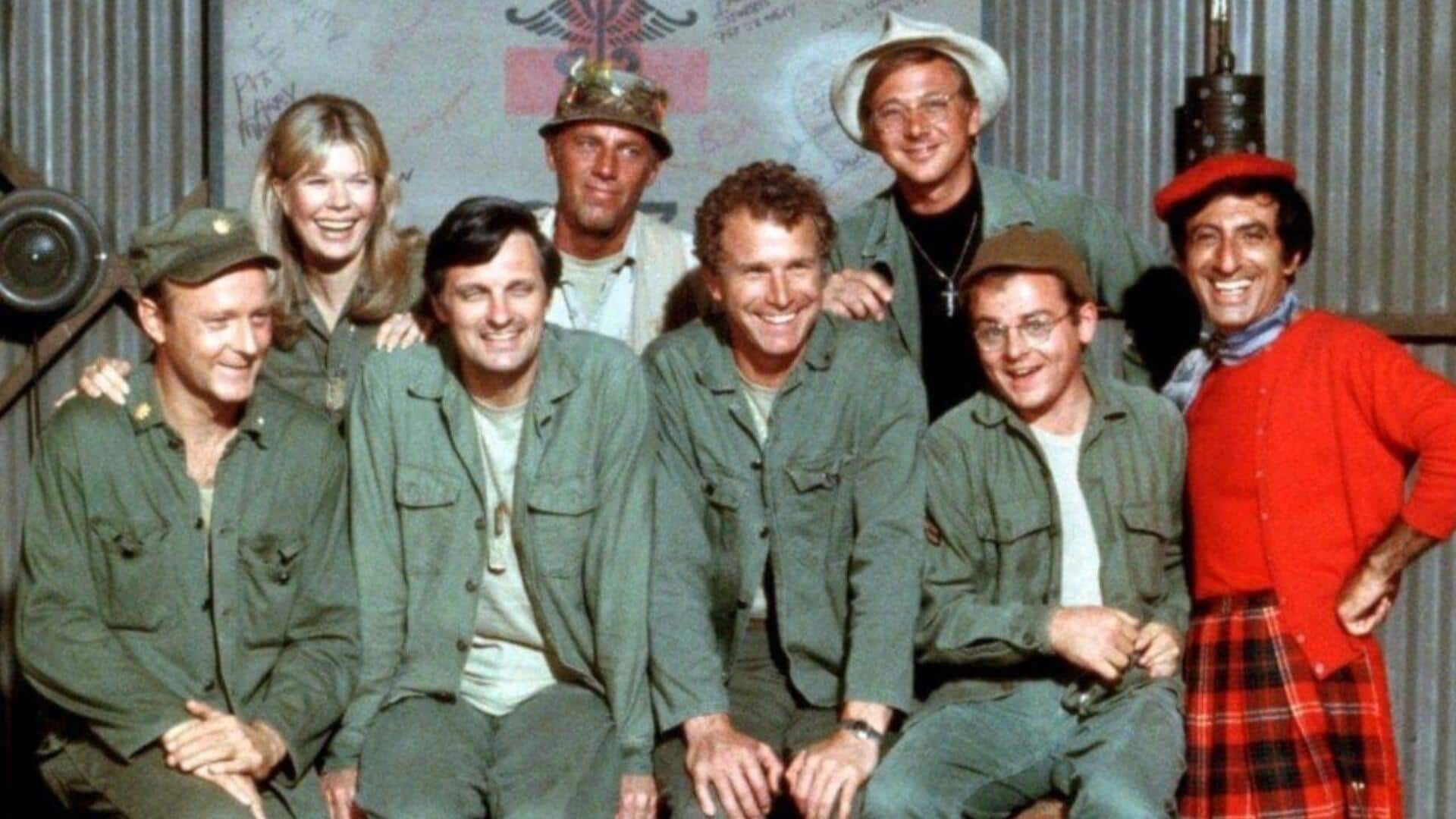
The hidden ways 'M*A*S*H' reflected American life
What's the story
M*A*S*H, the iconic television series, is known for its unique blend of comedy and drama. It aired from 1972 to 1983 and provided a different perspective on American culture during that time. The show was set in a mobile army surgical hospital during the Korean War and tackled issues such as war, peace, and human resilience. Here's how M*A*S*H reflected American culture.
#1
War and peace in American consciousness
M*A*S*H was set against the backdrop of conflict, but it emphasized the absurdity of conflict more than anything else. This resonated with Americans who were witnessing a significant conflict at the time. The series highlighted how conflict affects people on a personal level, often focusing on humor to cope with dire situations. This approach encouraged viewers to think critically about conflict and peace.
#2
Humor as a coping mechanism
The use of humor in M*A*S*H was not just for entertainment but also served as a tool for coping with stress and hardship. Characters often used wit to deal with their circumstances, demonstrating how humor can provide relief in difficult times. This aspect of the show mirrored a broader American tendency to use humor as a way to navigate life's challenges.
#3
Social commentary through satire
M*A*S*H was also famous for its sharp social commentary, often delivered through satire. The show addressed various societal issues, including bureaucracy, inequality, and human rights. By using satire, it encouraged viewers to reflect on these issues without being preachy. This made the series a mirror reflecting the complexities of American society during its run.
#4
Strong character development reflecting diversity
The character development in M*A*S*H also showcased a diverse range of personalities and backgrounds, each contributing to the show's rich narrative tapestry. Characters like Hawkeye Pierce and Margaret Houlihan were not just memorable but also reflective of different facets of American life. Their interactions provided insights into human behavior and societal norms, making the series relatable to a wide audience. This diversity in character development allowed M*A*S*H to explore various themes and issues.